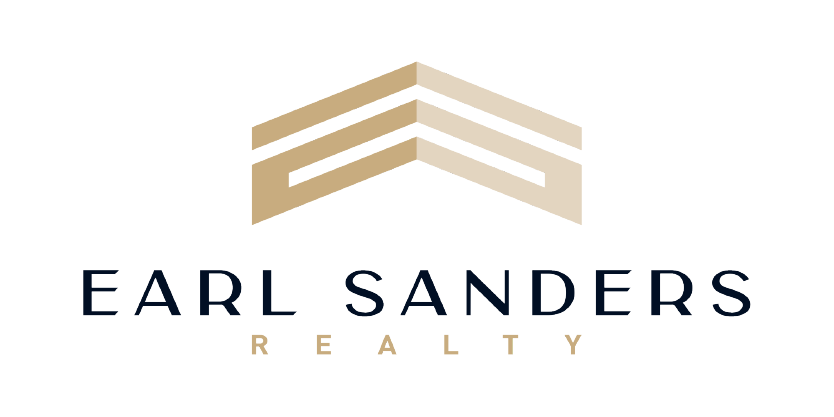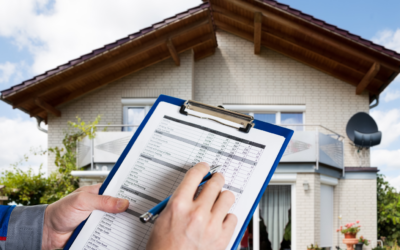What is Property Management?
Property management involves the day-to-day management of rental properties. Property managers can manage single-family homes or multiple-unit properties, such as apartment buildings. The main functions of property management are tenant selection, rent collection, maintenance and repairs, tenant relations, and dispute resolution. Property managers are responsible for finding and screening tenants, collecting rent and dealing with maintenance issues. They can also help landlords establish a good reputation by resolving tenant complaints and dealing with negative situations before they escalate.
Benefits of Good Property Management
A diligent property manager can help protect both landlords and tenants from unnecessary legal issues, disputes, and expenses. There are a number of benefits to good property management:
- Better tenant selection – A property manager can screen and select tenants based on their credit history, employment history, references, and other information. This helps ensure that you get good tenants who will maintain the property and pay their rent on time.
- More timely rent collection – A good property manager can regularly collect rent from tenants and ensure that it goes directly to you.
- Easier maintenance and repair – A good property manager can quickly arrange for repairs or maintenance when they are necessary. This keeps the property in good condition and protects tenants’ health and safety.
- Greater tenant satisfaction and loyalty – A good manager can help keep tenants happy and reduce the risk of them filing a complaint or taking legal action against you.
- Reduced risk of legal issues – A good property manager will help reduce the chance of a legal dispute between a landlord and a tenant. This can save you money in legal fees, as well as reduce stress and anxiety.
Property Management Tips
When you’re looking for a property manager, make sure to do your due diligence. Confirm their experience and license and check their references. You can also do a criminal background check, which is a good idea for anyone who will have direct contact with tenants.
- If you’re hiring a property manager, you should sign a written contract that outlines the terms and conditions of the management agreement. This should include the manager’s duties and responsibilities, your expectations, and the terms of the arrangement.
- Make sure that you and any property manager or third-party manager have a written lease with all terms and conditions. This will protect both you and the tenant. Make sure that all lease terms are fair and legal.
- Make sure that you and the property manager have a written recordkeeping system that includes all relevant information, such as tenant information, lease terms, and payment history.
Tenant Selection
The single most important step in good property management is tenant selection. A good property manager will help you to select the best possible tenants for your rental properties. Before you can select tenants, you need to decide what kind of tenants you want for your property. You can then use this information to help you to select the best possible tenants for your property.
Rent Collection
Collecting rent is an essential part of good property management. A good manager can help you enforce the terms of your lease and protect you from tenant disputes. Some ways to collect rent are:
- Require all tenants to pay rent online or electronically via a bank account, debit card, or prepaid card. This makes it easy to track payments and when they are due.
- Require all tenants to pay a security or key deposit when they sign the lease. This will help protect you if the tenant doesn’t pay the rent.
- If you accept cash payments, be sure to get a dated and signed receipt.
- Keep written records of all payments, including the dates they are received and the amounts. You may need this information to resolve tenant disputes.
Maintenance and Repairs
A good management company will be on top of maintenance and repairs to keep the property in good condition. You should have a written maintenance and repair policy with guidelines for maintenance and repair frequency. This can help you and your property manager ensure that the property is always being maintained and repaired in a timely manner. Good property managers can help landlords to identify and repair any maintenance or repair issues as soon as they arise, which can help to save a lot of time and money. You should work with your property manager to identify any maintenance or repair issues as soon as they arise and report them to your property manager as soon as possible.
Managing Tenant Relations
Good tenant relations are essential to successful property management. A good property manager can help resolve tenant disputes and keep tenants happy. To keep tenant relations positive, you should:
- Be a good communicator: Regularly communicate with tenants about issues, repairs, and general property maintenance.
- Be fair and equitable: Make sure that all lease terms are written and applied fairly and equitably.
- Be responsive: Respond quickly to tenant calls, emails, and texts.
- Be kind: Treat tenants with respect and kindness, even if they are in breach of the lease or disputing charges.
Dealing with Tenant Complaints
Tenants might complain about a number of different issues, including noise, pests, or repairs not being done in a timely manner. A good property manager can help you resolve tenant complaints and keep tenants happy. You can manage tenant complaints by:
- Responding quickly to complaints
- Documenting the complaint
- Following up
Utilizing third-party apps like AppFolio help to streamline communication and keep track of any tenant issues, in addition to collecting rent, maintenance requests, and tenant screening.
Maximizing Profits and Minimizing Liabilities
A good property manager can help landlords to identify potential sources of profit and to minimize their liabilities. A good property manager can help landlords to get the highest possible rent for their rental properties while keeping tenants happy and avoiding tenant turnover.
Property management is an incredibly important and complex job, and this guide will provide an overview of the benefits of good property management and what you need to know to ensure a successful rental experience. Finding a good property manager to manage your rental properties can help to streamline your real estate operations, minimize your risks, and maximize your profits.
For more information on property management, contact Earl at (757) 329-9854 or email earl@earlsanders.com today.



